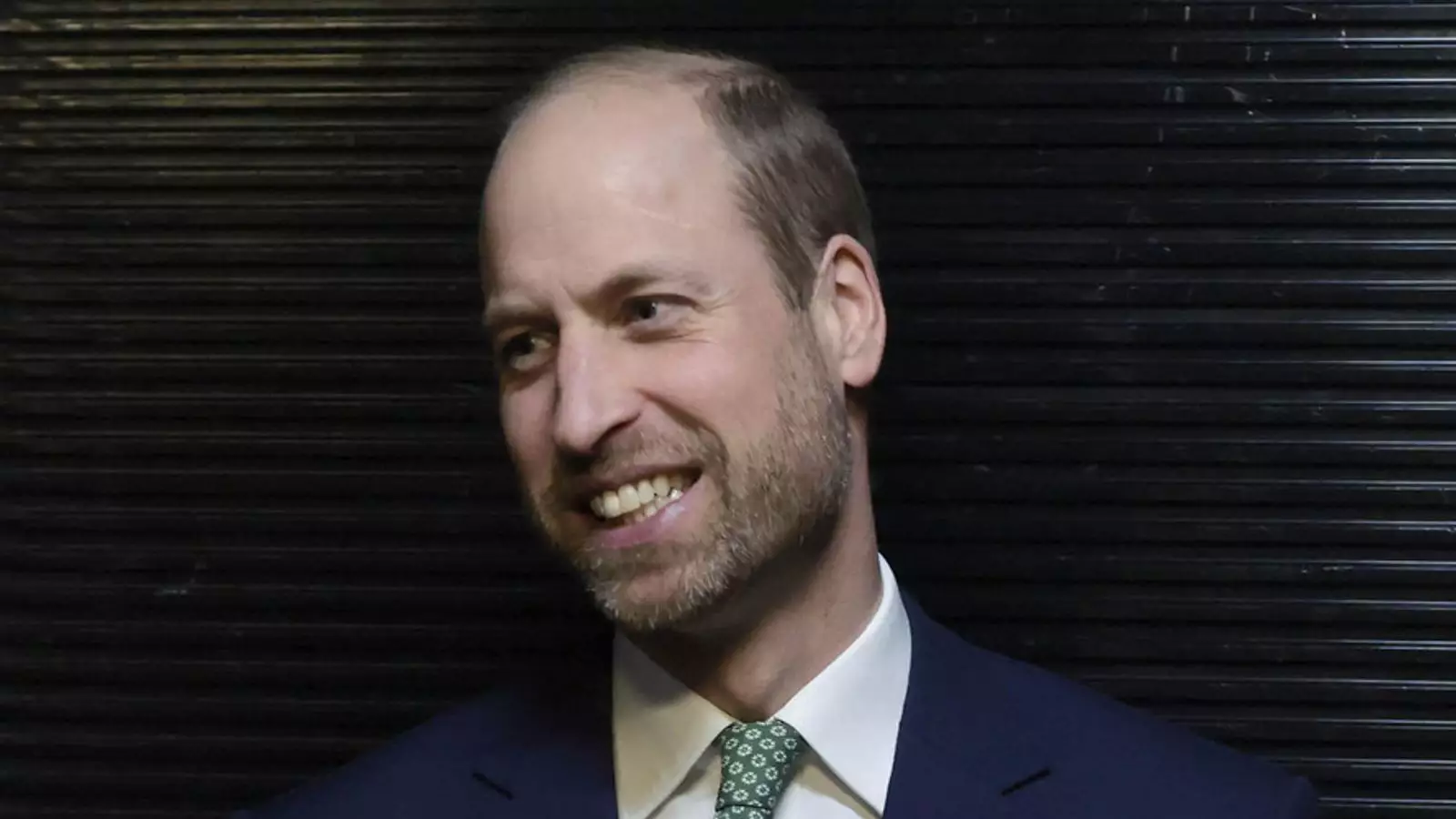In a world increasingly characterized by rapid change and societal challenges, the role of tradition in institutions like the monarchy can often seem at odds with the need for evolution. Prince William, the Duke of Cornwall and heir to the British throne, has recently articulated a perspective that underscores a reimagined royal approach rooted in empathy and relevance. As he concluded a week-long visit to Cape Town, his comments signaled a potential shift in how the royal family engages with contemporary issues, suggesting a more approachable and meaningful connection with the public.
Prince William has indicated a desire to engage with the realities of 21st-century life through what he refers to as “doing it differently.” This phrase encapsulates a vision that seeks to bridge the gap between the institution of monarchy and the everyday experiences of the populace. He mentioned an intention to govern with “a smaller R in the royal,” hinting at a more accessible royal presence that prioritizes impact over tradition. This idea represents a significant deviation from the more formal and distant perceptions of monarchy that have characterized its history.
By focusing on “impact philanthropy” and collaboration, William suggests a model that embraces the complexities of modern challenges rather than adhering strictly to ceremonial duties. His emphasis on empathy reflects an understanding that leadership requires emotional intelligence and genuine connection, particularly as the world grapples with pressing issues such as climate change, social inequality, and public health crises. This recognition of the need for empathetic leadership resonates deeply in an era where many leaders are often criticized for being disconnected from the communities they serve.
During his interview, the prince outlined his dedication to specific projects centered around environmental sustainability and homelessness, such as the Earthshot Prize and the Homewards initiative. These endeavors speak to William’s commitment to not only address pressing social issues but also to inspire collective action among the public. By repositioning royal engagement as a platform for collaboration rather than mere representation, he hopes to harness the power of community involvement.
The Earthshot Prize, in particular, embodies a forward-thinking vision that challenges individuals, organizations, and governments alike to innovate for the benefit of the planet. By encouraging solutions from diverse sectors, William aims to create a culture of shared responsibility, where the monarchy serves not just as a figurehead but as a catalyst for tangible change. This model of philanthropy seeks to generate results that uplift communities and foster a broader sense of responsibility towards one another and the environment.
Notably, the prince’s reflections on the past year reveal a personal dimension to his royal duties. Describing it as a “brutal” year marked by the diagnoses of cancer within his family, William offers a glimpse into how personal adversity can shape one’s public role. Such experiences often inform our values and actions, and for the prince, it seems they have sparked a desire to prioritize family and well-being alongside public duties.
His acknowledgment of family priorities, specifically regarding his children’s education, reiterates a nuanced understanding of balance between royal responsibilities and personal life. This balance is crucial in modern leadership, particularly in high-profile roles where public scrutiny is relentless. Prince William’s willingness to navigate these challenges — both personally and professionally — may endear him to a younger generation looking for authenticity in leadership.
As he hints at plans for Catherine, the Princess of Wales, to participate more actively in royal duties going forward, there is a clear signal of unity and collaboration within the royal family. Their joint participation in public engagements reinforces the idea that the monarchy can be a dynamic partnership rather than a solitary institution. This collaborative approach not only strengthens their individual missions but also provides a united front that addresses societal needs.
Prince William’s insights into the future of the monarchy present a transformative vision that values empathy and impactful engagement. As he and his family traverse the complexities of royal obligations, their commitment to meaningful change offers hope for a more relevant and resonant monarchy in the eyes of the British public and beyond. The potential for a modern monarchy to lead with heart and intention could redefine its relationship with society in previously unimaginable ways, uniting tradition with the pressing demands of the present.

Leave a Reply